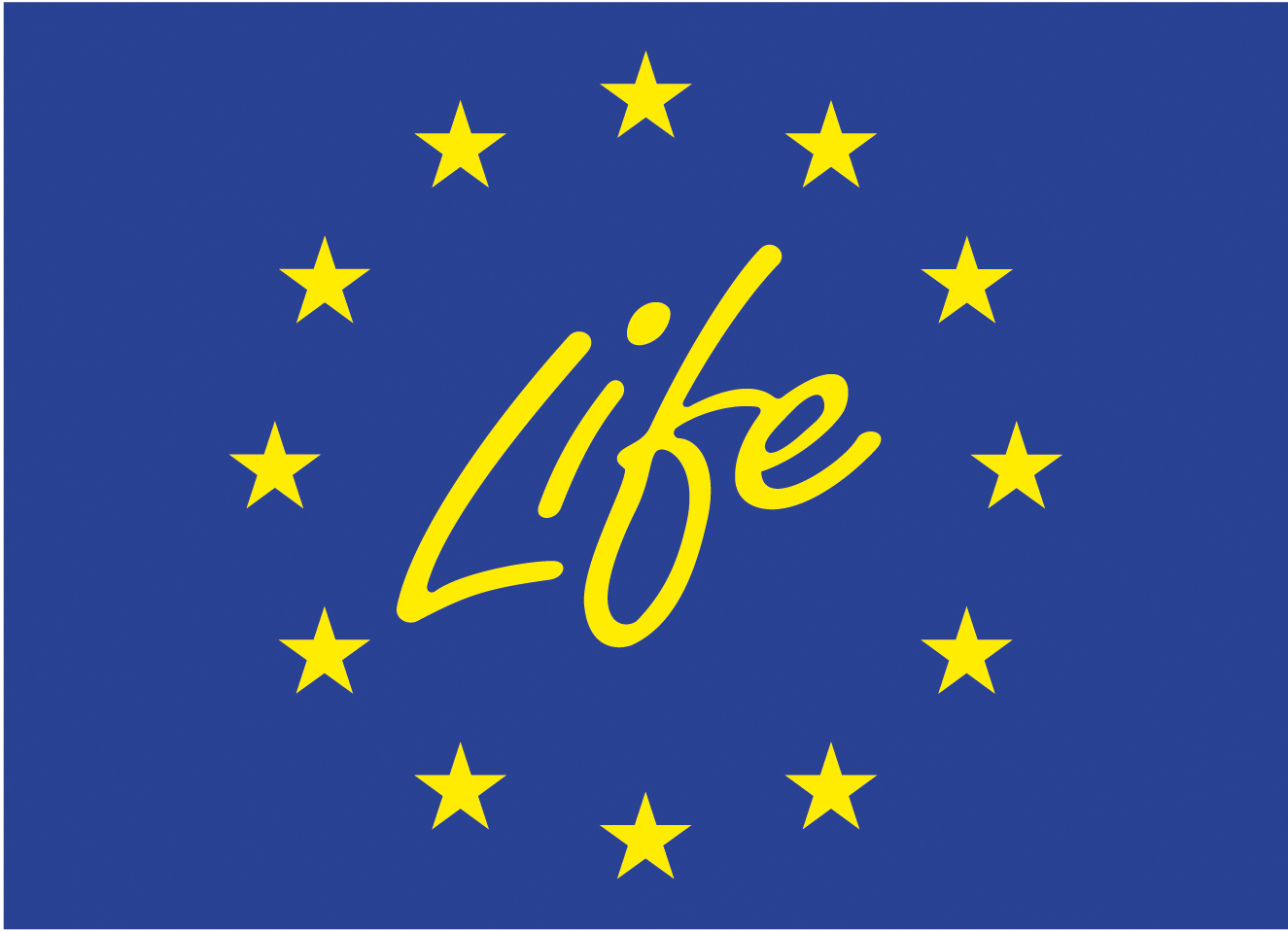Save the date: Webinar on organic approach to plant health 16 November, online
On 16 November, from 10:30-12:00, MEP Eric Andrieu (S&D) will co-host our webinar on the organic approach to plant health in a pesticide reduction perspective. As the European Commission is finalising its proposal for a revised Sustainable Use of pesticides Directive (SUD), this webinar comes at a good time.
Tune in to get answers to questions like:
- What are the challenges to implement and develop the organic approach to plant health in the EU?
- How can EU policies support the development of this unique approach to plant health to achieve a 50% reduction in the use and risks of pesticides by 2030, as set out in the Farm to Fork strategy?
There will be simultaneous interpretations in English and French. Further information on programme and registration will follow soon. IFOAM Organics Europe members will find early information on our member extranet.
Revised Sustainable Use of pesticides Directive (SUD) expected early 2022
With the Farm to Fork strategy, the European Commission has set out an ambitious framework for developing a sustainable food system for the EU, including a target to reduce the use and risks of chemical pesticides by 50% by 2030. The key role of organic agriculture in this transition has been recognised by also setting a target to achieve 25% of agricultural land under organic area by 2030.
In early 2022, the European Commission will present a proposal for a revised Sustainable Use of pesticides Directive (SUD), which is currently the main EU instrument to reduce the impact of pesticides on human health and the environment. According to the Farm to Fork strategy, this will be one of the main tools to reach the Farm to Fork’s target on pesticide reduction, in particular by strengthening provisions for Integrated Pest Management (IPM).
Organic and other integrated approaches lead the way
A successful reduction of synthetic pesticide use needs to be well-prepared. Alternative approaches such as organic agriculture – but also IPM, biocontrol and agroecology – can lead the way towards an agrifood system free of synthetic pesticides provided that the entire political framework enables their development.
As the Commission finalises its proposal on the revised SUD, it is relevant to discuss the challenges and policy options to enable pesticide reduction strategies based on effective and ready-to-use alternative approaches, such as organic farming.
For more information on plant health and IFOAM Organics Europe’s work on this issue, please contact [email protected]. IFOAM Organics Europe members can find more information on the member extranet and background materials in the arguments database on the member extranet (main messages, arguments/FAQs, visuals & videos).
For information about what you can gain from being a member, read our membership page and contact [email protected].

This event is co-financed by the LIFE programme of the European Union, under the under the Climate, Infrastructure and Environment Executive Agency (CINEA). This publication only reflects the views of the authors and its sole responsibility lies with IFOAM Organics Europe. CINEA is not responsible for any use that may be made of the information provided.


